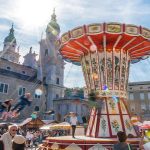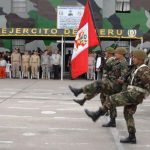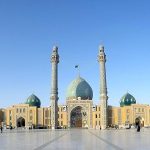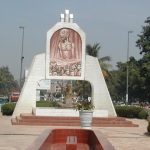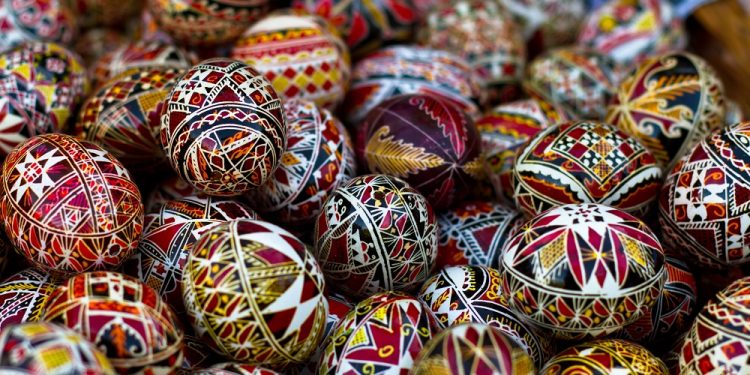
Orthodox Easter Monday
Also known as Bright Monday or sometimes Renewal Monday, Orthodox Easter Monday is a holiday celebrated by Orthodox Christians around the world. It officially marks the second day of Easter and is a time for celebration and joy as believers commemorate Christ’s resurrection.
The first use of the term “Easter Monday” dates back to the 15th century, and while it is a religious holiday, it also has secular traditions and festivities. This day features many parades and festivals around the world but is also a day for spiritual reflection, celebration, and renewal.
The History of Orthodox Easter Monday
Although the name Easter Monday was not used in any official religious capacity until the 15th century, the Monday after Easter Sunday has always been seen as an important holiday. The Bible doesn’t explicitly state what happened after Jesus’ resurrection, and there are no specific instructions detailing how Easter Monday should be observed.
Even so, Christian communities around the world have observed this holiday as an extension of Easter. Although spiritual practices regarding this holiday are more stringent in Orthodox Christian communities, it’s still a holiday observed with a bit of levity in most places in the world.
Observing Orthodox Easter Monday
In some countries, Orthodox Easter Monday is observed as an official day off, but in others, it’s not a public holiday. However, in both communities, it’s a day for people to gather together for a festive meal, play traditional games, and engage in egg-rolling competitions.
Egg-rolling competitions symbolize the rock being rolled away from Jesus’ tomb, which is why these competitions are held in so many places in the world. For some cultures, it’s a day for people to visit the graves of their loved ones and pay their respects.
In other countries, it’s customary to have a picnic and play games such as Tavli — a form of Greek Backgammon. Since it’s the beginning of the period after Lent, Orthodox Christians are free to eat the foods they desire on Easter Monday. In countries such as Greece, lamb is a popular dish for this holiday.
It’s typically roasted on a spit and served with a variety of root vegetables such as potatoes, parsnips, and turnips. In other countries such as Russia, a traditional Orthodox Easter Monday meal is served with Paskha, a sweet cheese dish made with butter, eggs, curd cheese, and sugar.
In Romania, red eggs and roasted lamb are traditional dishes that are not only delicious but also symbolic of Christ’s resurrection. Regardless of the traditions behind the meals observed on this holiday, one thing is certain: this is a time of the year to gather with friends and family members and to share food.
It’s also a day of joy and togetherness and a symbolic beginning of spring’s renewal, both in a very real sense and in a spiritual sense. Everyone observing this holiday can spread their joy to others by using the hashtags #OrthodoxEasterMonday, #BrightMonday, or #RenewalMonday on social media.

